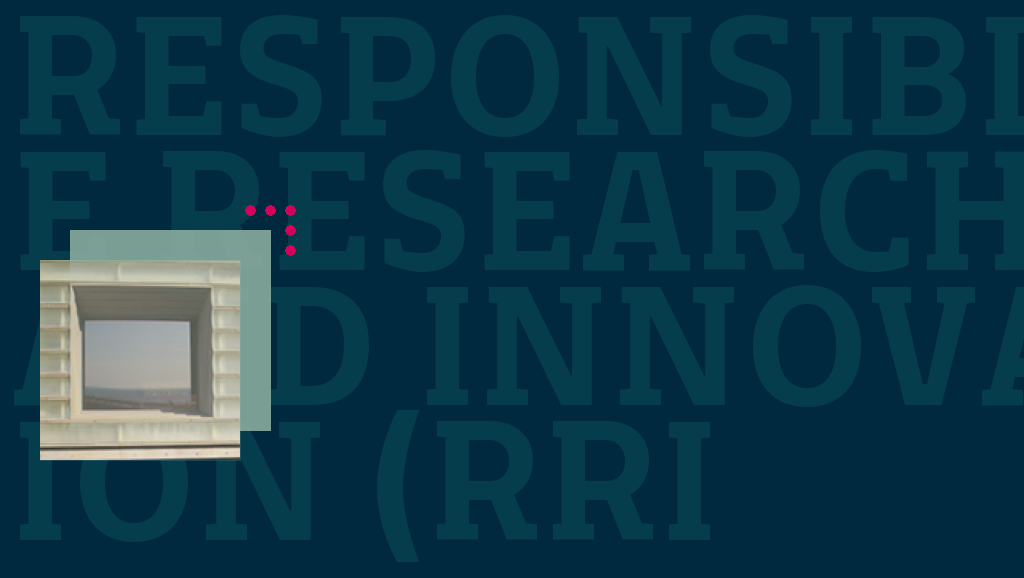Between March 10 and 11th the Responsible Research and Innovation (RRI): The Problematic Quest for “Right” Impacts conference takes place in Donostia-San Sebastián.
The event has been organized by Arizona State University and the University of the Basque Country UPV/EHU, and regular readers will be familiar with many of the topics and speakers.
The conference abstract is as follows:
The European Commission claims that research and engineering activities under the next R&D Framework Programme, “Horizon 2020” (2014-2020), will be conducted according to a “Responsible Research and Innovation” (RRI) framework, meaning that “societal actors work together during the whole research and innovation process in order to better align both the process and its outcomes, with the values, needs and expectations of European society” (EC, 2012, p. ii). RRI can be understood thus as an effort to justify innovation not on grounds of uncritical, or taken for granted macro-economic assumptions, but on the basis of societally-beneficial objectives, or challenges, as openly defined and debated by a plurality of societal actors. As such, RRI-based EU policy aims to introduce “broader foresight and impact assessments for new technologies, beyond their anticipated market-benefits and risks” (von Schomberg 2013, p. 51).
Explicitly characterized as a “challenge-based approach”, Horizon 2020 claims therefore to be prepared and oriented to address”major concerns shared by citizens in Europe and elsewhere”, including human and environmental health, sustainability, energy efficiency, climate action, inclusiveness, security, and freedom. However, are these generic challenges self-evident? How are they constituted and by whom? Can those challenges be challenged? How are they operationalized? On what normative bases? These and other similar questions express a legitimate concern for the main dynamics, assumptions and priorities by which normative frameworks are constituted and institutionalized in RRI-based EU research policy. This conference aims to interrogate the heterogeneous and contingent socio-technical processes that guide, enable and also constrain RRI’s quest for “right” impacts.
Confirmed Speakers include:
Marian Deblonde (Flemish Institute for Technological Research)
Andoni Eizagirre (Mondragon University)
Erik Fisher (CSPO – Arizona State University)
Ellen-Marie Forsberg (Oslo and Akershus University College)
David Guston (CSPO – Arizona State University)
Andoni Ibarra (UPV/EHU)
Richard Owen (University of Exeter)
Hannot Rodríguez (UPV/EHU)
Jack Spaapen (Royal Netherlands Academy of Arts and Sciences)
René von Schomberg (European Commission, Brussels)
Andrew Stirling (University of Sussex)
Brian Wynne (Lancaster University)
Bassetti Foundation Foreign Correspondent Jonathan Hankins will also attend, and a report on the proceedings will follow.
——————–
(Photo: Donostia (San Sebastián) by Andrés Besomi from Flickr – particular)
——————-
















